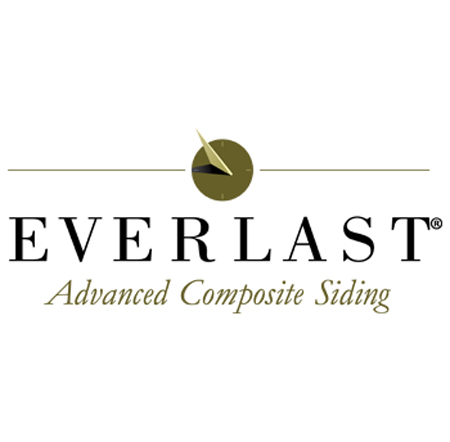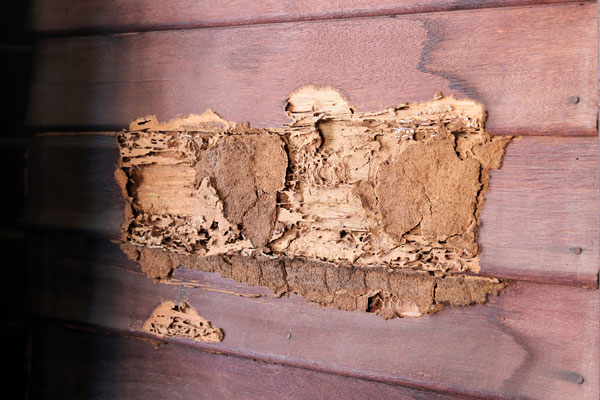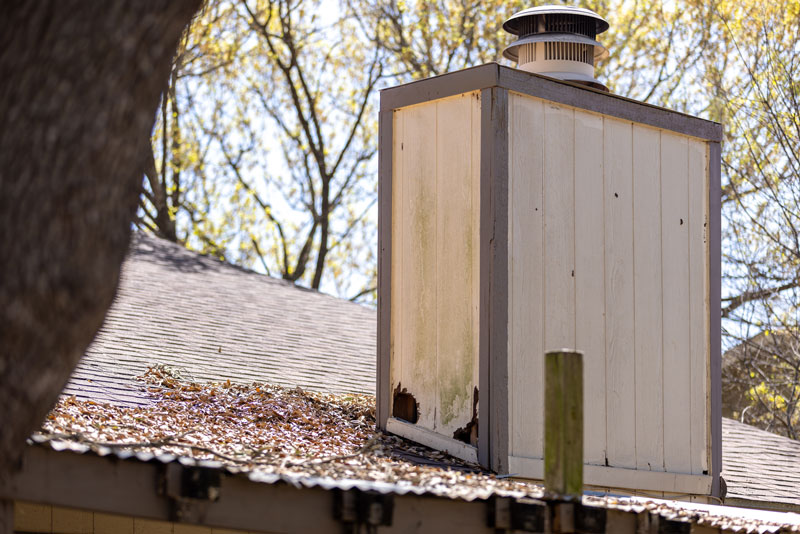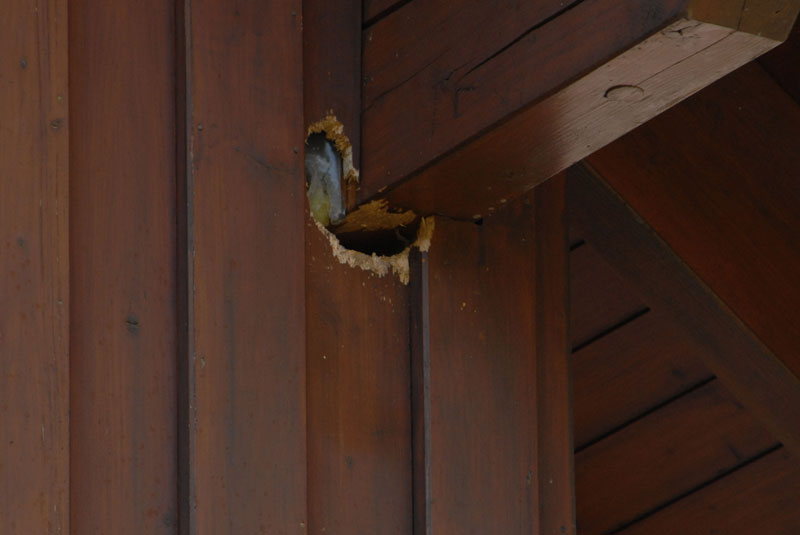- >CALL ☎
- >TEXT 💬
Welcome to
Composite siding is a popular choice for homeowners because it is durable, low-maintenance, and resistant to many types of damage. However, some homeowners may wonder if pests are a threat to composite siding.
The good news is that composite siding is generally resistant to pests. This is because composite siding is made from a blend of wood fibers and plastic, which makes it less attractive to pests than traditional wood siding.

Are Pests a Threat to Your Composite Siding?
Answering this question requires that you first look at the types of pests that threaten the performance of sidings before looking at the quality of your composite siding.
TERMITES
Termites are the most common threats to siding, especially wood siding. They damage the siding material from the inside, making the structure of the material very unstable.
To provide a solution to eliminate termites completely, the building industry came up with composite siding. Everlast composite siding is a unique combination of inorganic minerals, polymer resins, and acrylic colorants.
Termites cannot easily damage the stable structure of composite siding and therefore they will be less attracted to your building.


RODENTS
Rodents, especially the squirrels and rats tend to invade buildings in search of food and shelter. Unlike termites, rodents are not only a threat to the building, but they also cause a lot of irritation.
Composite sidings are very impervious to pest damage and above all, the material has no wood components in its structure.
Composite siding is an appropriate solution because rats and squirrels cannot easily chew through it, making it less appealing.


WOODPECKERS
Woodpeckers peck on wood to attract mates, defend their territory, and find food.
Pecking a hole through Everlast composite siding would be a very difficult task for the woodpeckers. Therefore, they can't shelter, find food or store their food inside the structure.
Choosing composite siding guarantees you stress-free performance. With Everlast composite siding, you will not have to worry about rodents, termites, woodpeckers, insects or any other pests.

WHY CHOOSE US
PREMIER SIDING
We start with a complimentary, at-home consultation with one of our licensed siding experts. You will be quoted fair prices - with no hidden fees - and provided with a reasonable installation timeline from start to finish. Our estimates are sent directly to your email inbox, where you can see line-item pricing as well as terms and conditions.
We Keep Our Promises
Trust is the cornerstone of our long-term success. We have served thousands of happy clients and look forward to serving you!
YOU'RE IN GOOD HANDS
WE DO IT RIGHT
We show up on time, maintain a tidy job site and perform high-quality work.
WE DO IT SAFELY
Keeping you and your family safe is the most important thing we do.
WE STAND BEHIND OUR WORK
has the best warranties in the business.
WE GUARANTEE YOUR SATISFACTION
Frequently Asked Questions
The most common types of siding are fiber cement, vinyl, wood, aluminum and steel. Each type has its own advantages and disadvantages.
Fiber cement siding is a composite material that is made from cement, wood fibers, and resins. It is very durable and low-maintenance.
Vinyl siding is the most popular type of siding. It is affordable, low-maintenance, and durable. However, it is not as energy-efficient as some other types of siding.
Wood siding is a traditional and attractive option. It is also very durable, but it requires regular maintenance, such as painting or staining.
Aluminum siding is lightweight and easy to install. It is also resistant to moisture and rot. However, it can be noisy in high winds.
Steel siding is very durable and energy-efficient. However, it is also the most expensive type of siding.
The cost of siding varies depending on the type of siding, the size of the home, and the labor costs in your area. Vinyl siding is the most affordable option, while steel siding is the most expensive. Call or fill out our contact form for a free estimate!
The lifespan of siding varies depending on the type of siding and the climate in your area.
Fiber cement siding should be replaced every 50 years.
Vinyl siding should be replaced every 10-20 years.
Wood siding should be replaced every 20-40 years, when keeping up with proper maintenance.
Protection from the elements: Siding protects your home from the sun, rain, snow, and wind.
Increased energy efficiency: Siding can help to keep your home cooler in the summer and warmer in the winter.
Improved curb appeal: Siding can make your home look more attractive.
Increased resale value: Siding can increase the resale value of your home.
In addition to our flexible financing options, you can also use Cash or any major Credit Card or Debit Card at checkout online at the time of service.
FINANCING: Our Financing Partners will help you to find the right loan options for your project.
